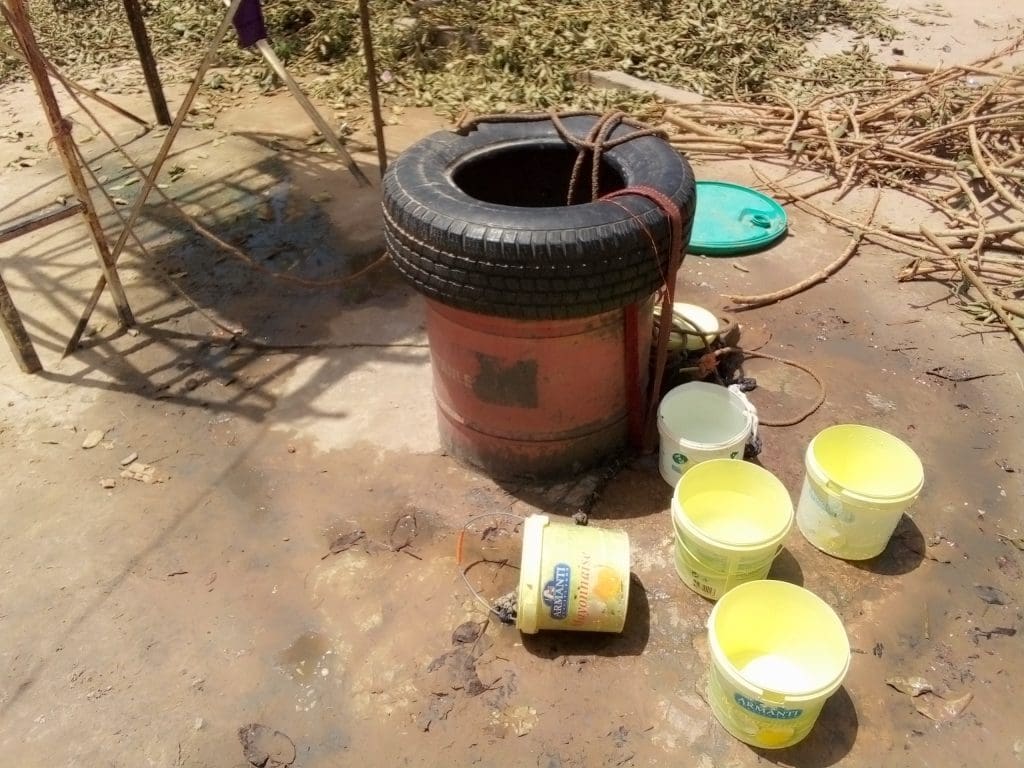Water shortage is an unresolved problem in most rural communities in The Gambia but nowhere is this felt worse than in the Central River Region, where the crusade to tackle the coronavirus has hit a snag thanks to a protracted scarcity.
One of the most important hygiene regulations since the fight against the Covid-19 global pandemic began has been hand-washing to minimise if not prevent chances of infection.
This has naturally accentuated the demand for water worldwide to unprecedented levels.
In rural Gambian communities like Kerr Madi and Jareng Fula Kunda in CRR, over 140km from Banjul coming across water is like chancing upon gold, a situation compounded by the insatiable demand for it as part of the national effort to deal with the coronavirus crisis.
In CRR, which according to statistics is Gambia’s poorest region, villagers trek three to four kilometres and even more in desperate search for water for the most basic of use including, cooking, laundry, washing and watering gardens.

In Kaur, one of the biggest towns in the region, located some 149km east of the capital, water is a luxury many cannot afford especially in relation to observing as basic an hygiene regulation like washing hands regularly to avoid contracting the coronavirus.
“Currently it’s beyond terrible…the fact that weekly markets called lumos are their main source of buying and selling but are now banned have left people in the region struggling to survive and if you add the trouble of water to the equation what you get is a nightmare of unmanageable proportions” says Kebba Ansu Manneh.
The local journalist who had just returned from a tour of the region, tells the African Press Agency that in Kerr Madi, the only well there fell into desuetude and needs repairing.
In the meantime, its villagers hot-foot it several kilometres to neighboring villages depending on well water and at this time of the year the springs are dry compounding their problems because they rear ruminants.

At this time in Lower Saloum district, most of the animals have been taken to Nianija for gracing and watering.
“The very day I visited there the MP for the area took some water in a tank and that is what they have been using but I know sustaining it will be difficult” says Mr. Manneh.
He points out that it would be a mammoth challenge for the fight against the virus in that part of the country to carry some bite given the “constant struggle” for water.
Although no case of the virus has reportedly emanated from local contamination, many Gambians are dreading the implications of the lack of water to remain safe from the disease.

The words of Alfusainey Ceesay, the National Assembly member for the area have been instructive.
“During my sensitization, one old man stopped me and told me ‘you are telling my people to wash their hands when in one village called Damel Berre they dont have drinking water’? Ceesay explains.
He says people in CRR are questioning the rationale behind urging people to wash their hands clean to stave off the virus but yet most of them spend the best part of the day thirsty.
Over the past few days, The Gambia’s number of confirmed cases for the virus has jumped from a paltry four to nine, prompting the authorities to contemplate ordering a complete business lockdown.
Market sellers especially those selling food stuff will be affected by the proposed new restrictions if they are introduced.
Currently, the country has been observing a partial lockdown with many offices closed or made to scale down their activities using skeletal staff.
EJ/as/APA


